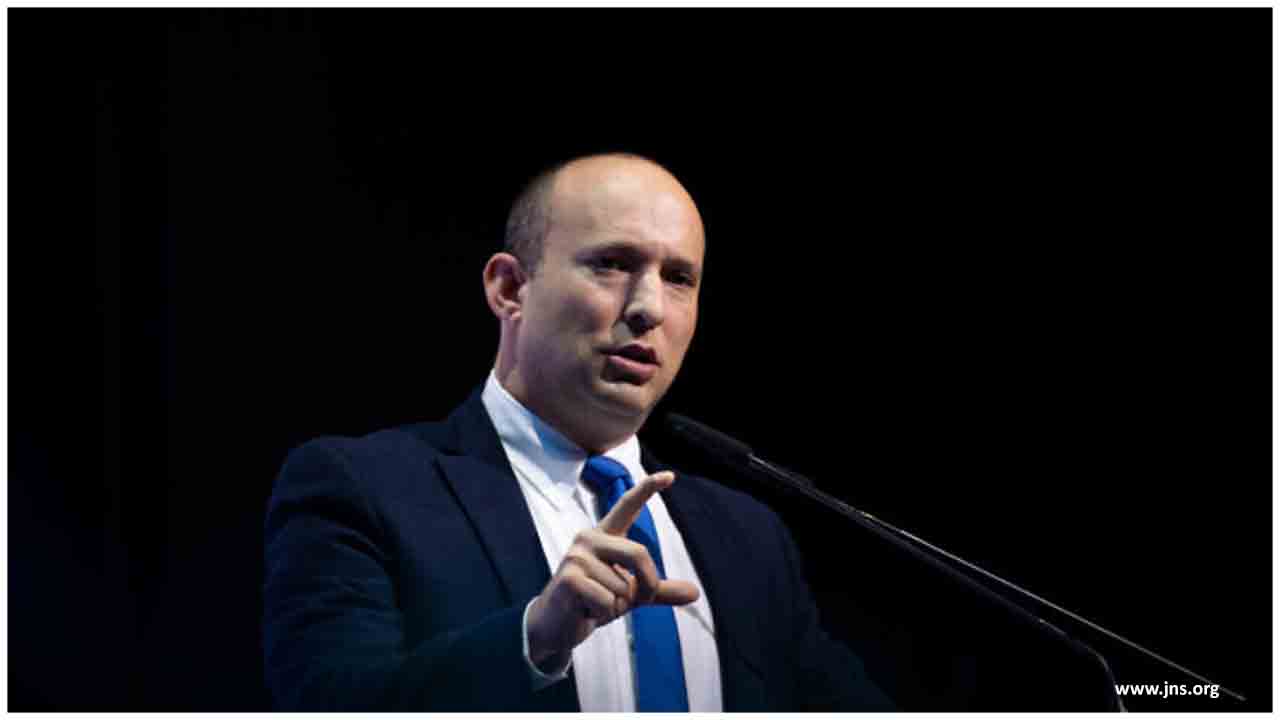Israeli Defense Minister Naftali Bennett has confirmed that the Israel Institute for Biological Research (IIBR) has developed an antibody or passive vaccine which can attack and neutralize the virus responsible for COVID-19 within the bodies of those infected.
Last month, IIBR started testing its antibody-based vaccine prototype on rodents. Terming the development, a 'major breakthrough', the minister said that the 'antibody that attacks the virus in a monoclonal way and can neutralize it within the bodies of those ill'. Meanwhile, Israel is planning to set up the country’s first vaccine production facility in the small southern town of Yeruham.
According to a report in The Jerusalem Post, a spokesperson for the Yeruham local council revealed the plan, which is in partnership with the Israel Institute for Biological Research (IIBR) and an international pharmaceutical company.
The report stated that a model that would enable the establishment of the facility was presented. As per the model, the facility in Yeruham will manufacture tens of millions of vaccine units, of various types, which will help ensure the country's self-sufficiency even in times of pandemics. The plan, if approved by the Israeli government, will allow the facility to be built even before the IIBR completes the full development and approval for its vaccine, the report said.
At the same time, The United Nations has announced today that it is increasing its appeal to fight the Coronavirus pandemic in fragile and vulnerable countries from 2 billion US Dollars' support to 6.7 billion US Dollars.
U.N. humanitarian chief Mark Lowcock has reiterated that the peak of the pandemic is not expected to hit the world's poorest countries for three to six months.
But he said there is already evidence of incomes plummeting and jobs disappearing, food supplies falling and prices soaring, and children missing vaccinations and meals.
Earlier, in its original appeal on March 25, the United Nations has raised 1 billion US Dollars' support efforts across 37 fragile countries to tackle COVID-19.
The appeal launched today includes nine additional vulnerable countries: Benin, Djibouti, Liberia, Mozambique, Pakistan, the Philippines, Sierra Leone, Togo, and Zimbabwe.
Dr. Tedros Adhanom Ghebreyesus, Director-General of the World Health Organization, said the caseload in most of the developing countries targeted for assistance in the U.N. appeal may seem small, but we know that the surveillance, laboratory testing and health systems' capacity in these countries are weak and it is, therefore, likely that there is undetected community transmission happening.

 UN appeals for USD 6.7 billion to fight corona virus pandemic in poor countries
UN appeals for USD 6.7 billion to fight corona virus pandemic in poor countries






.jpeg)





.jpeg)






.jpeg)









.jpg)


.jpg)
